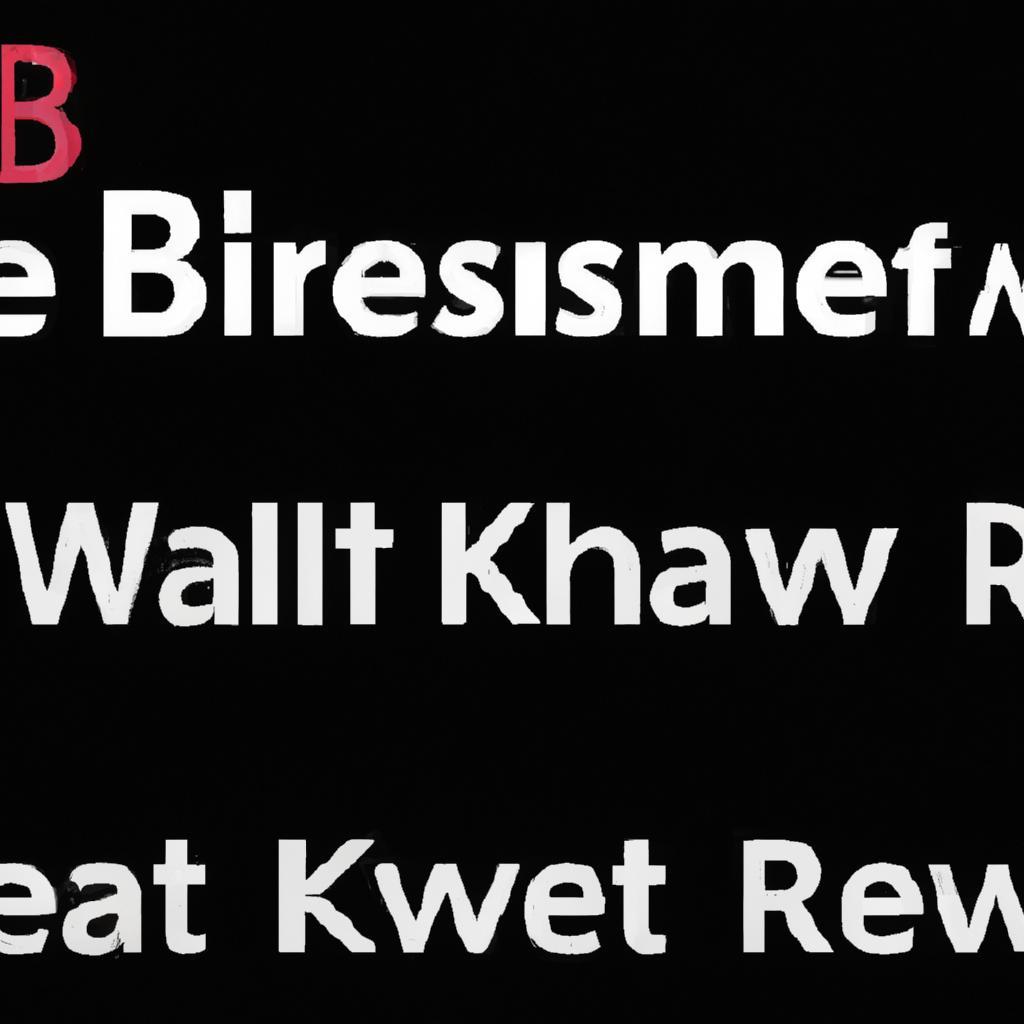Max, a lively golden retriever, eagerly awaited his dinner each evening. His owner, Sarah, fed him the same kibble day after day, believing it was the best choice. But soon, Max’s enthusiasm waned, and he became less energetic. Concerned, Sarah consulted a vet who explained that variety is essential for a dog’s health. Just like us, dogs thrive on diverse nutrients. By introducing different proteins and vegetables, Sarah reignited Max’s zest for life. Remember, a balanced diet keeps our furry friends happy and healthy!
Contents
- Understanding the Nutritional Needs of Dogs for Daily Diets
- The Risks of Feeding Your Dog the Same Food Every Day
- How to Create a Balanced and Varied Diet for Your Dog
- Expert Recommendations for Transitioning Your Dogs Diet Safely
- Q&A
Understanding the Nutritional Needs of Dogs for Daily Diets
When considering a dog’s daily diet, it’s essential to recognize that their nutritional needs are multifaceted and can vary based on factors such as age, breed, size, and activity level. A balanced diet should include a variety of nutrients to support overall health and well-being. Dogs require a mix of proteins, fats, carbohydrates, vitamins, and minerals to thrive. Feeding the same food every day may not provide the necessary diversity of nutrients that your dog needs to maintain optimal health.
**Proteins** are crucial for muscle development and repair, while **fats** provide energy and support skin and coat health. Additionally, **carbohydrates** serve as a source of energy and aid in digestion. It’s important to ensure that the food you choose contains high-quality ingredients that meet these nutritional requirements. A monotonous diet can lead to deficiencies or imbalances, which may manifest in various health issues, including skin problems, digestive upset, or lethargy.
Moreover, dogs can develop food sensitivities or allergies over time, which can be exacerbated by a lack of dietary variety. Introducing different protein sources or ingredients can help mitigate these risks and promote a more robust immune system. Consider rotating between different brands or formulations that offer a range of flavors and textures. This not only keeps mealtime exciting for your dog but also ensures they receive a broader spectrum of nutrients.
Lastly, consulting with a veterinarian or a pet nutritionist can provide valuable insights into your dog’s specific dietary needs. They can recommend tailored feeding strategies that align with your dog’s health status and lifestyle. By prioritizing a varied and balanced diet, you can enhance your dog’s quality of life and longevity, ensuring they remain happy and healthy for years to come.
The Risks of Feeding Your Dog the Same Food Every Day
Feeding your dog the same food daily may seem convenient, but it can lead to several health risks that every pet owner should consider. A monotonous diet can result in nutritional deficiencies, as not all dog foods contain the complete range of vitamins and minerals necessary for optimal health. Over time, this lack of variety can weaken your dog’s immune system, making them more susceptible to illnesses.
Moreover, a consistent diet can contribute to food allergies or intolerances. Dogs, like humans, can develop sensitivities to certain ingredients, especially if they are exposed to them repeatedly. Symptoms such as itching, gastrointestinal upset, or skin irritations may arise, prompting the need for costly veterinary visits and dietary adjustments. By introducing a variety of foods, you can help mitigate the risk of these adverse reactions.
Another concern is the potential for obesity. Many commercial dog foods are calorie-dense, and feeding the same portion every day may lead to overconsumption. Dogs thrive on variety, and rotating their meals can help regulate their appetite and maintain a healthy weight. A diverse diet encourages dogs to engage with their food, promoting better digestion and overall well-being.
Lastly, a lack of dietary variety can lead to boredom and behavioral issues. Dogs are naturally curious creatures, and a repetitive meal routine can dull their interest in food, leading to a decrease in enthusiasm during mealtime. By incorporating different flavors and textures, you can stimulate your dog’s senses, making mealtime an enjoyable experience that fosters a stronger bond between you and your furry friend.
How to Create a Balanced and Varied Diet for Your Dog
Feeding your dog a balanced and varied diet is essential for their overall health and well-being. Just like humans, dogs require a mix of nutrients to thrive. A monotonous diet can lead to nutritional deficiencies and may even result in health issues over time. To ensure your furry friend receives all the necessary vitamins and minerals, consider incorporating a variety of food sources into their meals.
Start by including **high-quality proteins** in your dog’s diet. Proteins are crucial for muscle development and repair. Options such as chicken, beef, fish, and eggs can provide the essential amino acids your dog needs. Additionally, don’t forget to add **healthy fats** like fish oil or flaxseed oil, which support skin health and promote a shiny coat. These fats also provide energy and help with the absorption of fat-soluble vitamins.
Incorporating **fruits and vegetables** into your dog’s meals can significantly enhance their diet. Foods like carrots, blueberries, and sweet potatoes are packed with antioxidants, fiber, and essential nutrients. These natural ingredients not only add variety but also contribute to better digestion and overall health. Be sure to research which fruits and vegetables are safe for dogs, as some can be harmful.
Lastly, consider rotating your dog’s food regularly. This practice not only keeps mealtime exciting but also ensures they receive a broader spectrum of nutrients. You can mix different brands or types of dog food, or even introduce homemade meals occasionally. Just remember to transition gradually to avoid digestive upset. A well-rounded diet will help your dog maintain a healthy weight, have more energy, and enjoy a longer, happier life.
Expert Recommendations for Transitioning Your Dogs Diet Safely
When considering a change in your dog’s diet, it’s essential to approach the transition with care to avoid gastrointestinal upset. **Gradual changes** are key to ensuring your dog adapts well to new food. Start by mixing a small amount of the new food with the current diet, gradually increasing the proportion of the new food over a period of 7 to 10 days. This slow introduction allows your dog’s digestive system to adjust without causing discomfort.
Consulting with a veterinarian is crucial before making any significant dietary changes. A professional can provide tailored advice based on your dog’s specific health needs, age, and activity level. **Veterinarians can also recommend high-quality dog foods** that meet your pet’s nutritional requirements, ensuring that any new diet is balanced and beneficial for their overall health.
Monitoring your dog’s response to the new diet is vital during the transition. Keep an eye out for any signs of distress, such as vomiting, diarrhea, or changes in appetite. If any adverse reactions occur, it may be necessary to revert to the original food and consult your vet for further guidance. **Maintaining a food diary** can help track your dog’s reactions and make informed decisions about their dietary needs.
Lastly, consider incorporating variety into your dog’s diet once they have successfully transitioned. While consistency is important, introducing different flavors and textures can enhance their eating experience and provide a broader range of nutrients. **Mixing in fresh fruits or vegetables** as treats or occasional meal toppers can also promote a healthier diet. Always ensure that any additions are safe for dogs and consult your vet if you’re unsure about specific foods.
Q&A
-
Is it safe for dogs to eat the same food every day?
Yes, it is generally safe for dogs to eat the same food every day, provided that the food is nutritionally balanced and meets their specific dietary needs. Consistency can help maintain digestive health and prevent food sensitivities.
-
Can eating the same food lead to nutritional deficiencies?
Not if the food is high-quality and formulated to meet the nutritional standards set by veterinary guidelines. However, it’s essential to ensure that the food contains all necessary nutrients, including proteins, fats, vitamins, and minerals.
-
Will my dog get bored of eating the same food?
While dogs may not experience boredom in the same way humans do, they can develop preferences. To keep mealtime exciting, consider incorporating occasional healthy treats or rotating between different flavors of the same brand.
-
Should I consult a vet about my dog’s diet?
Absolutely! Consulting a veterinarian is crucial to ensure that your dog’s diet is appropriate for their age, breed, and health status. A vet can provide personalized recommendations and help you make informed decisions about your dog’s nutrition.
while dogs can eat the same food daily, variety is key to their health and happiness. Consider incorporating different proteins and vegetables to ensure a balanced diet. Your furry friend deserves the best—make mealtime exciting!



